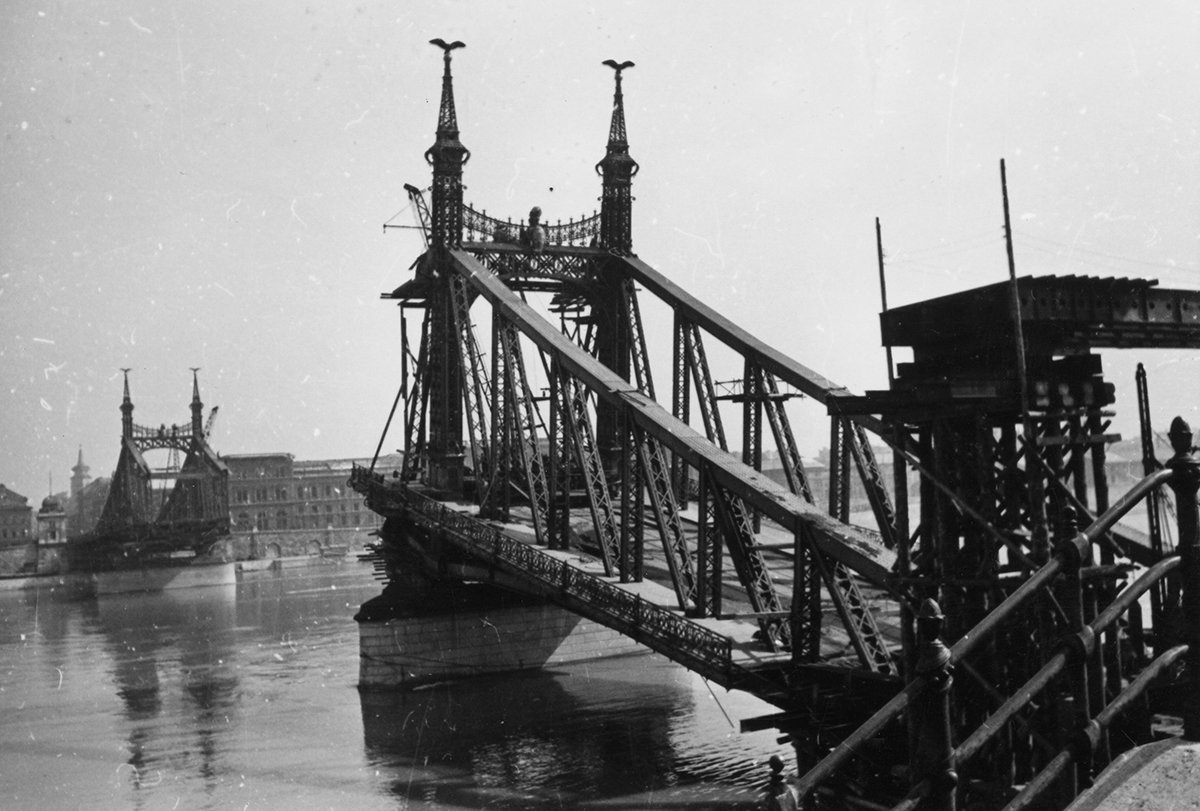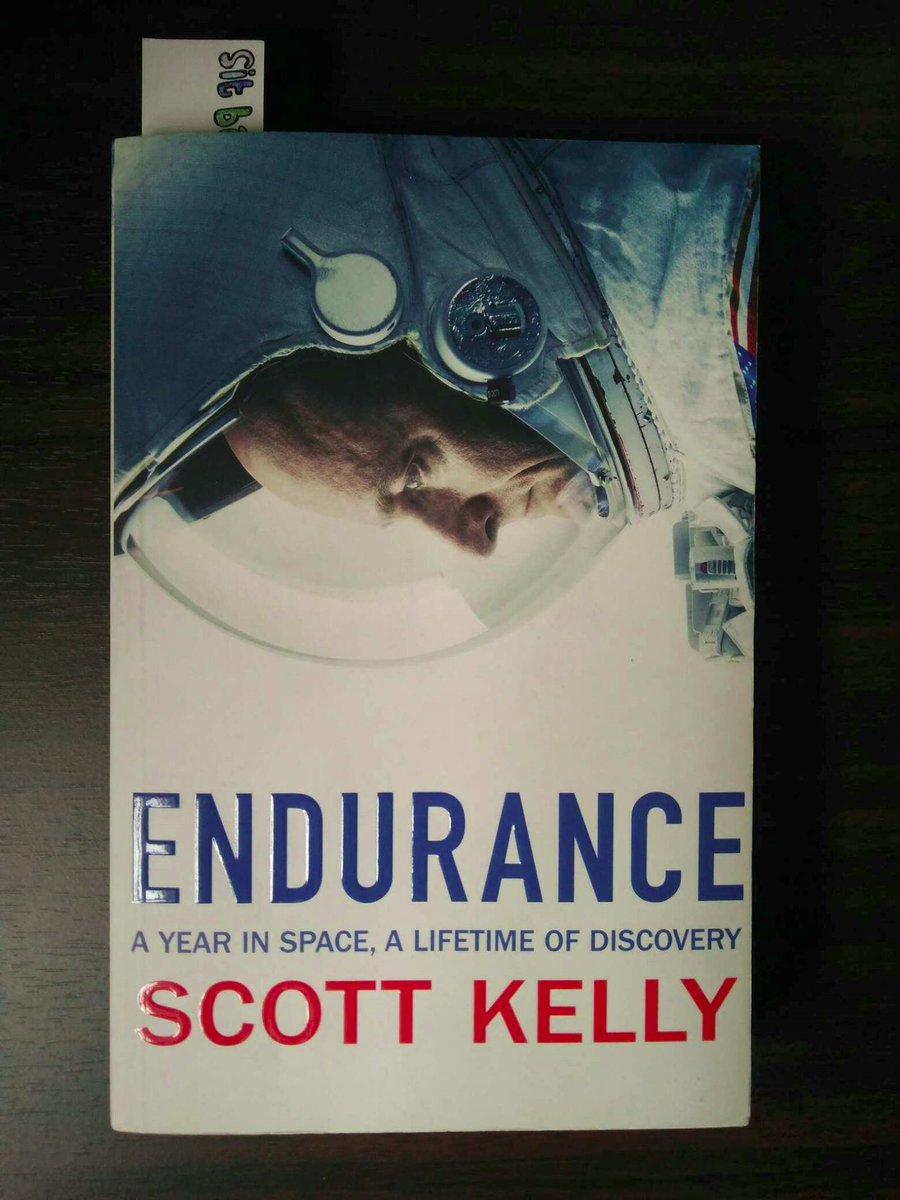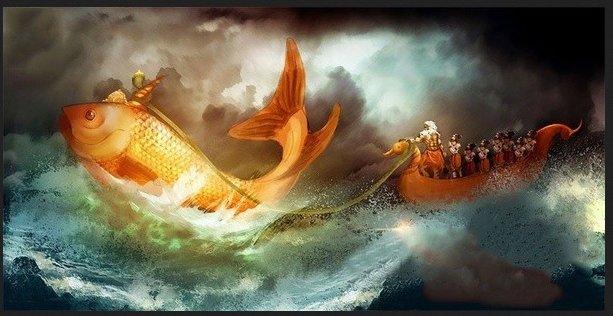Here used-up rockets regularly crash to earth, & local people are left to salvage what they can of the wreckage.
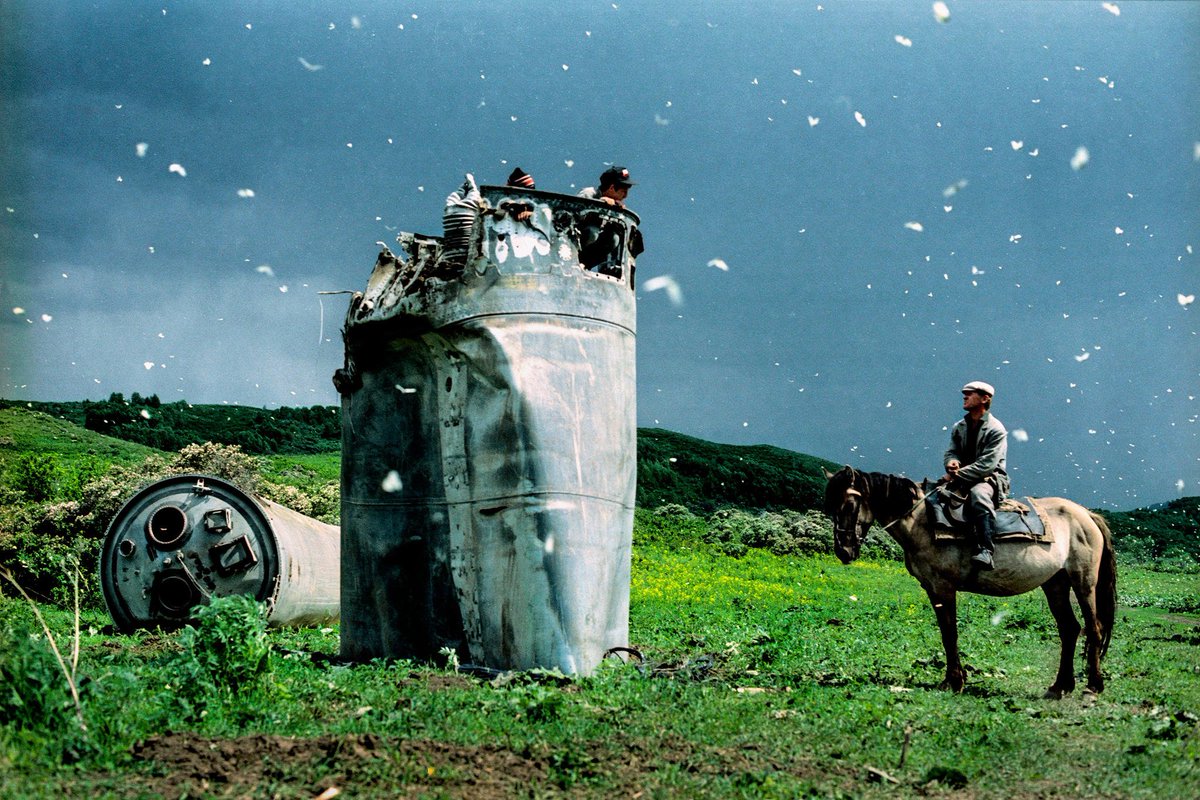
This is a rugged landscape that forms a junction between the snow forests of Sibera, the Kazakhstani steppes & the desert plateau of Mongolia.
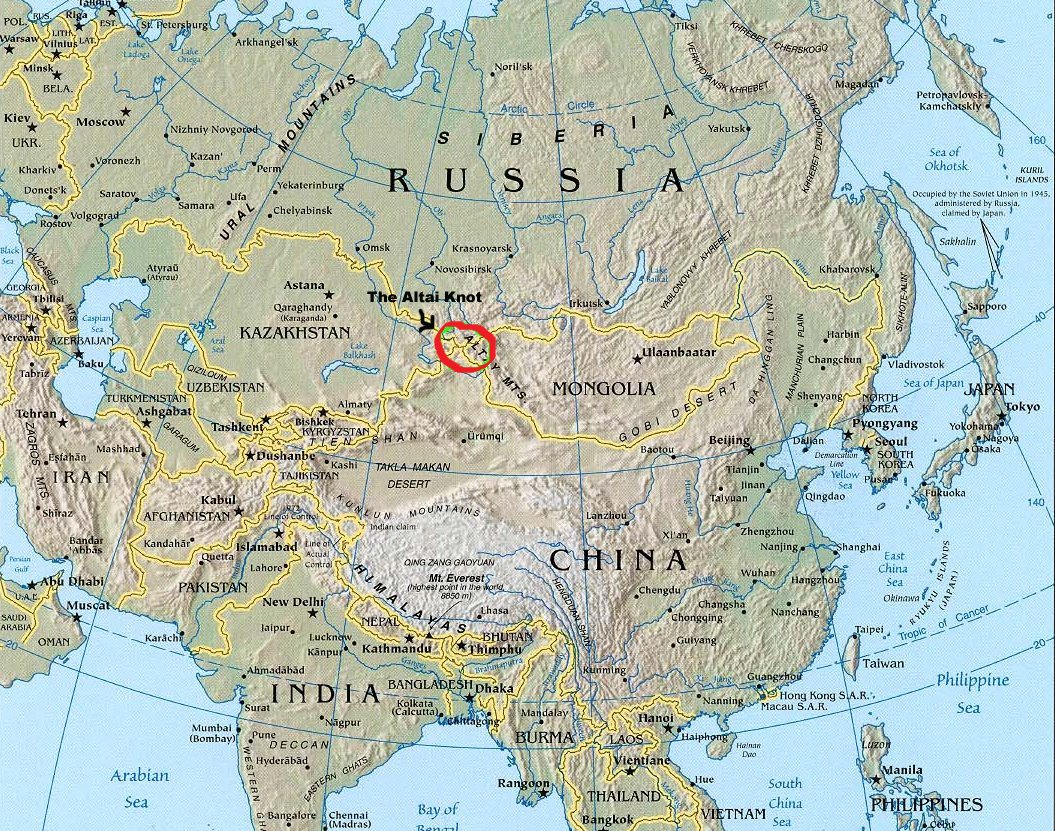
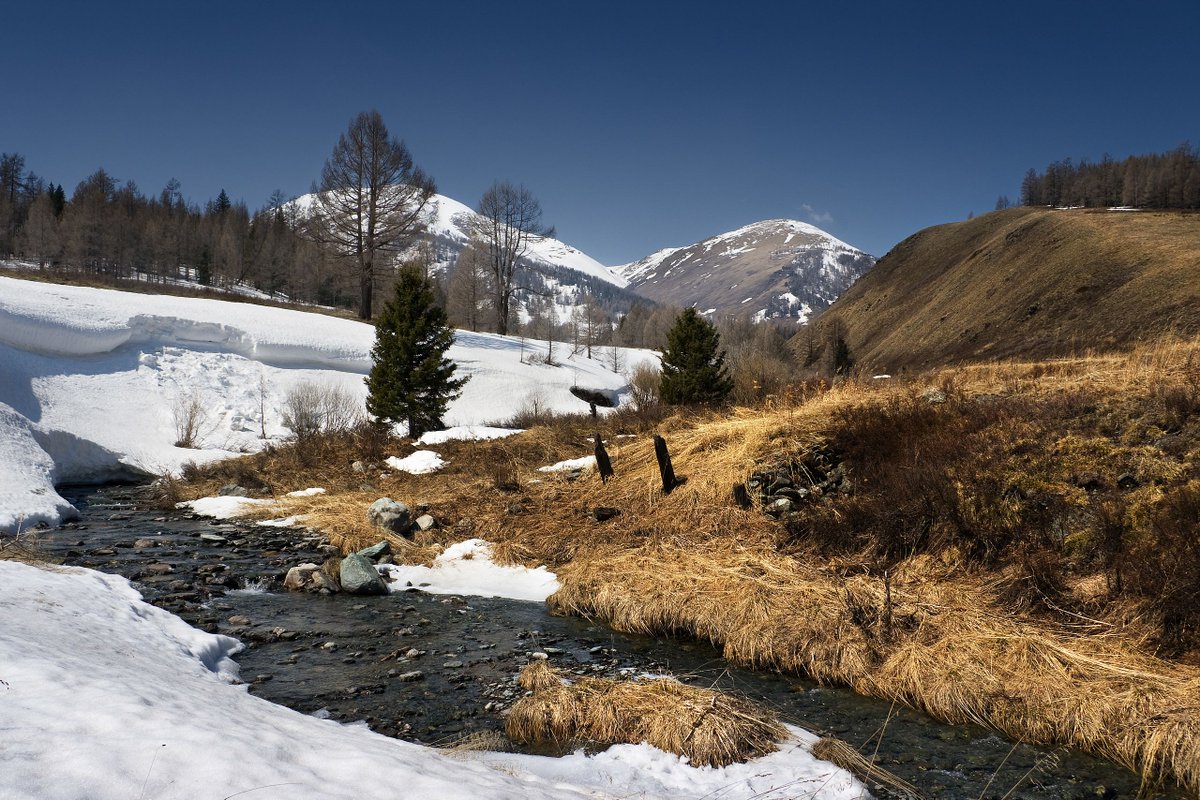
(Nature's Strongholds, by Laura Riley: books.google.co.uk/books?id=icMuB…)
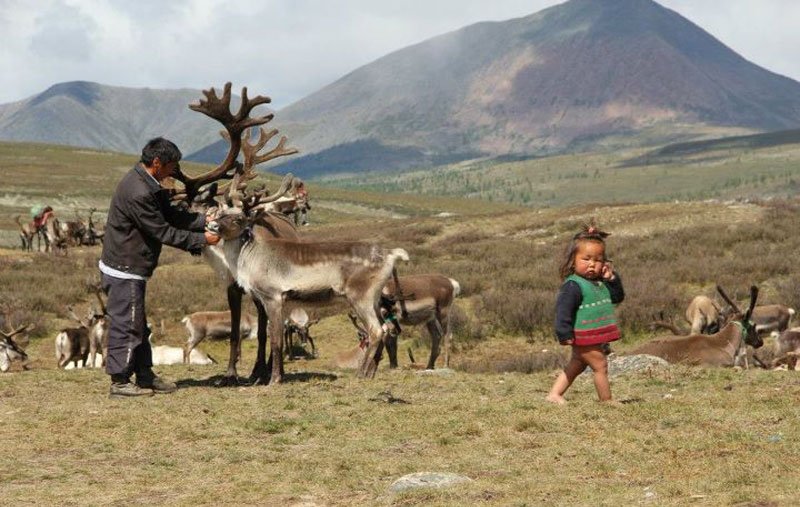
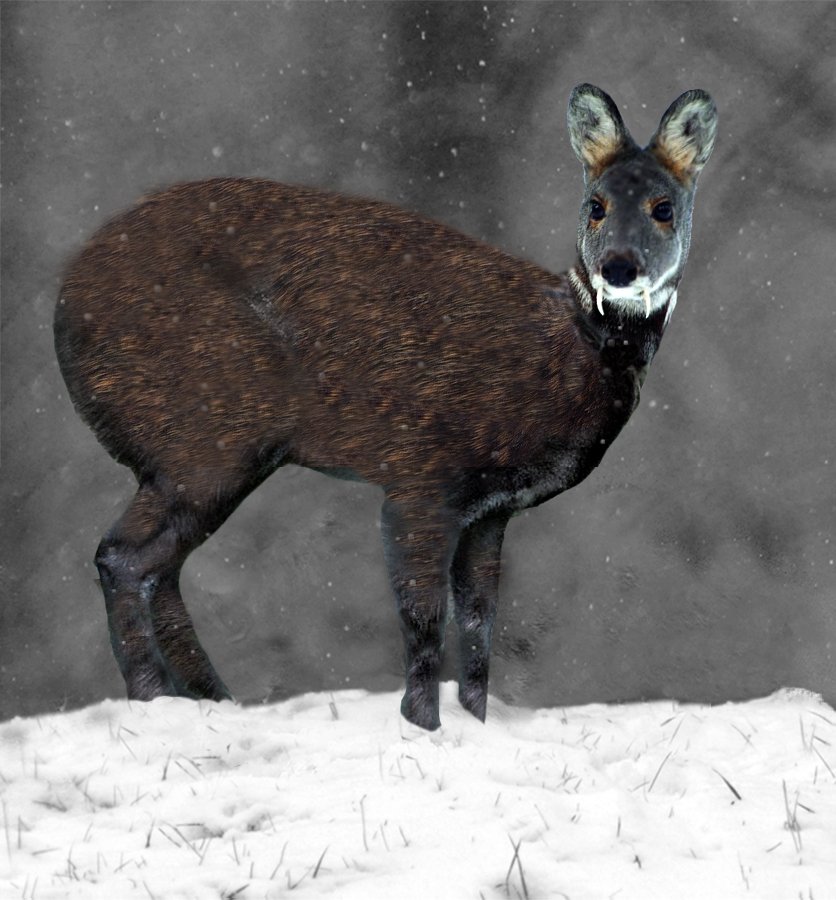
This is the main launchpad for the Russian space programme, staging commercial, scientific & military launches, & the only remaining link to the International Space Station: the Baikonur Cosmodrome.
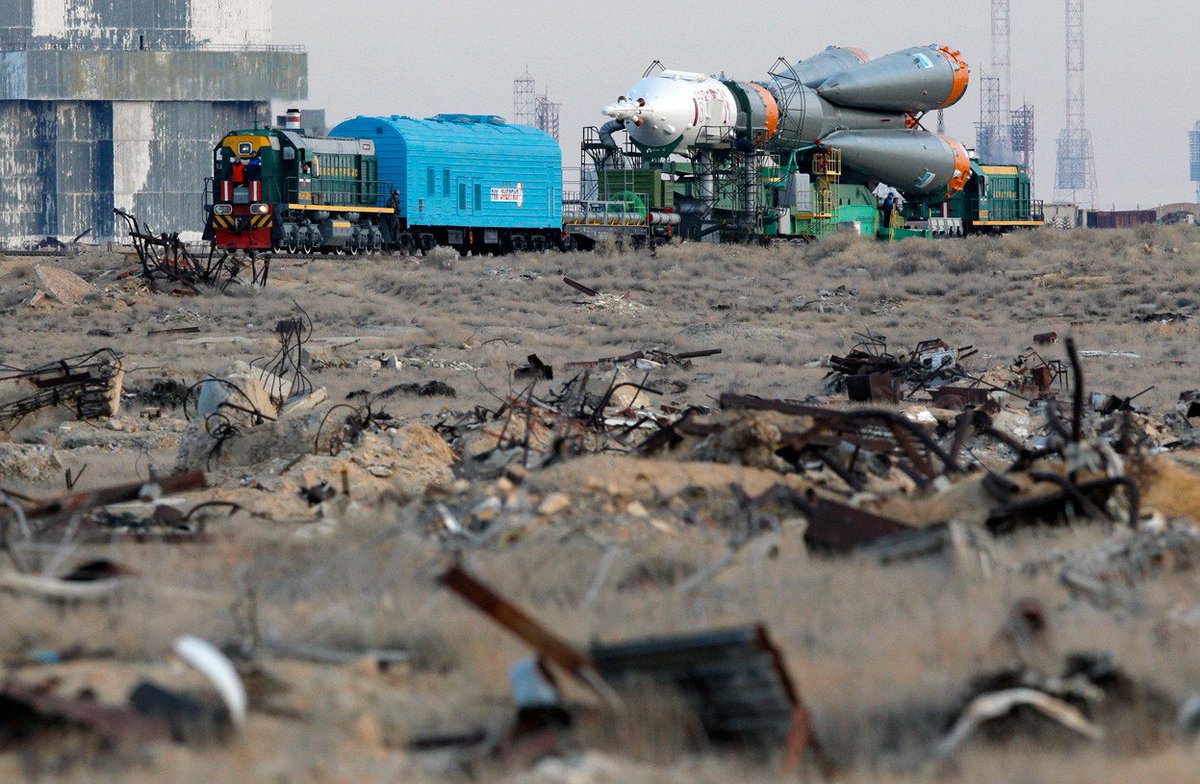
Since the retirement of the US shuttle programme, Russian Soyuz capsules launched here also resupply & re-man the ISS.
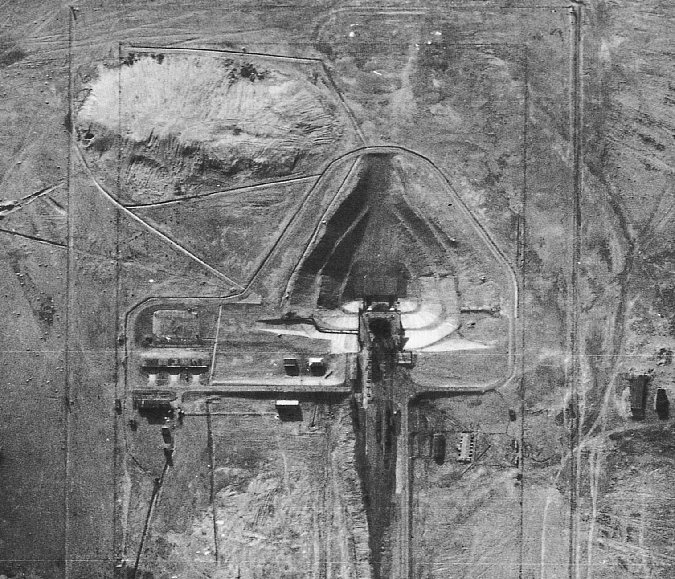
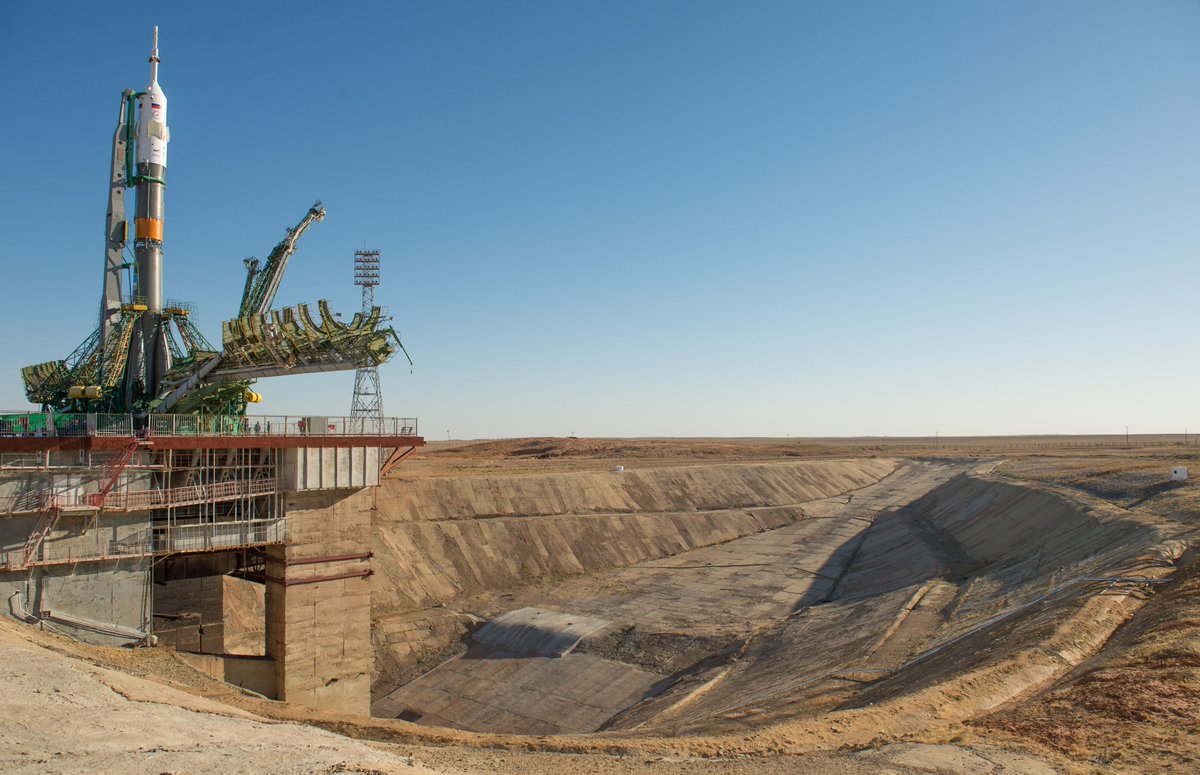
While NASA rockets land in the Atlantic, Russian Proton rockets fly another 600 miles after separation & crash in the Altai.
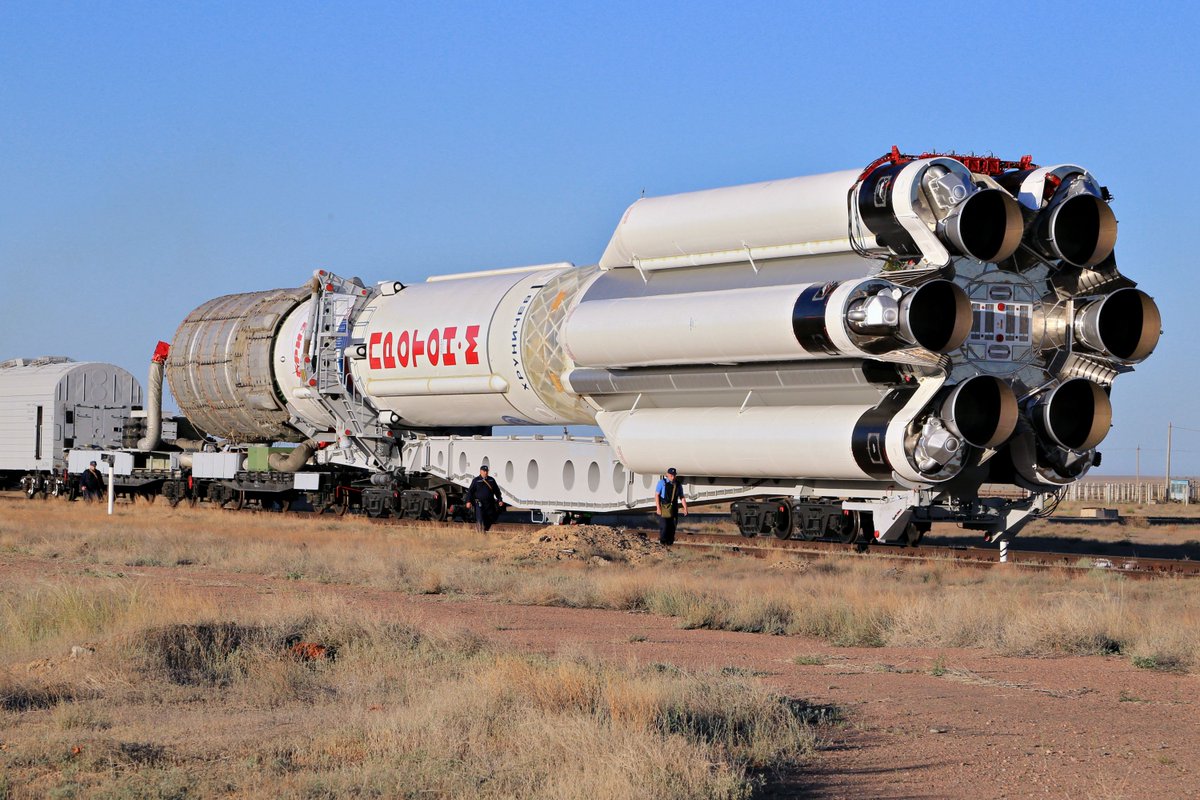
They look like "an angry red eye in the night", one local says. When they land, they are like "a small earthquake".
(source: telegraph.co.uk/news/worldnews…)
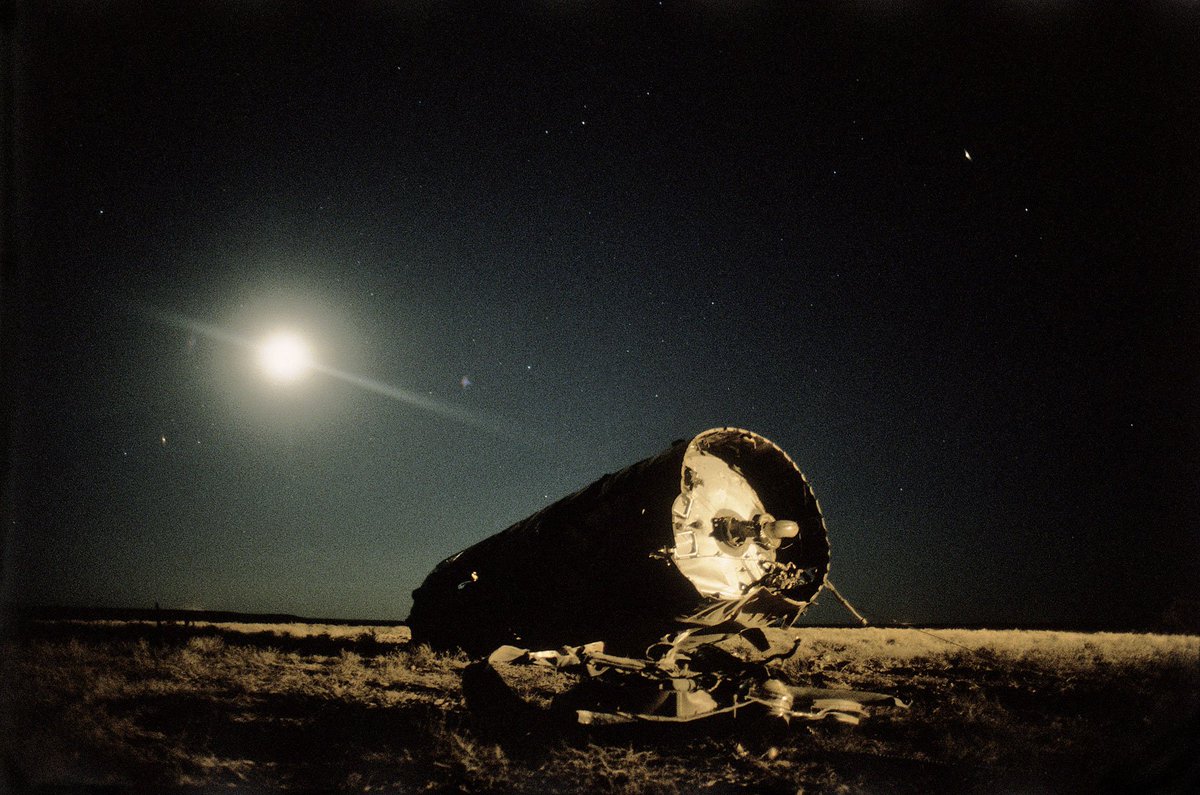
Residents within this zone are given 24 hours' notice of a launch, & it's only outside this zone that people can claim compensation for damages.
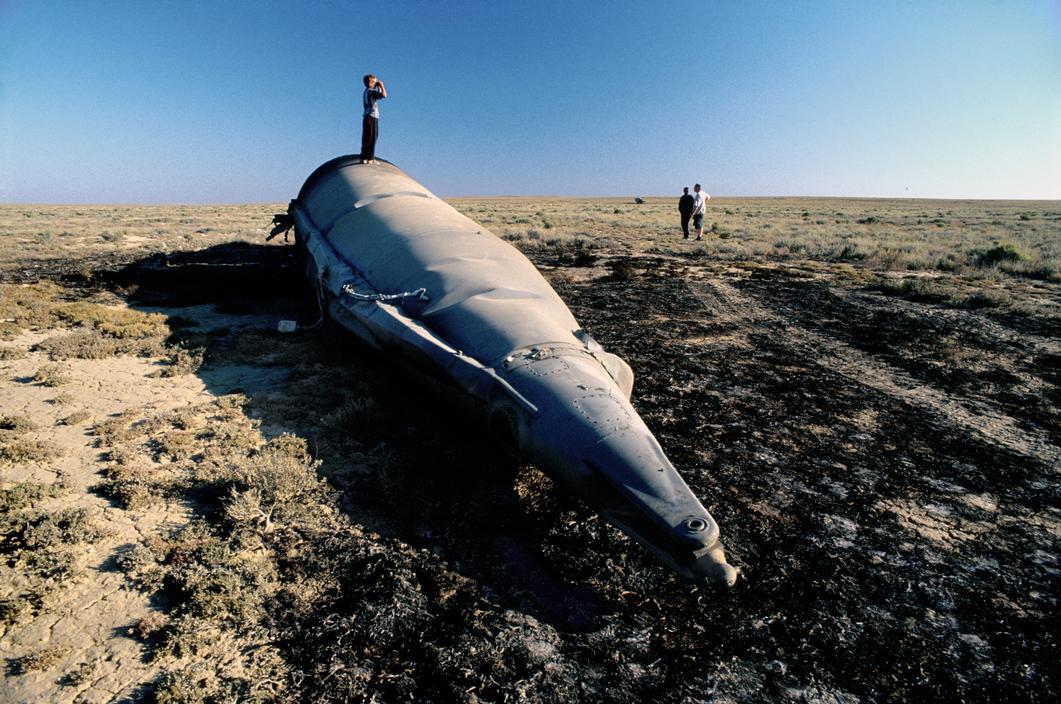
In 2008, a piece of debris measuring 4.5m in length even landed in a village, narrowly missing a house.
(photo: Jonas Bendiksen jonasbendiksen.com/Books/Satellit…)
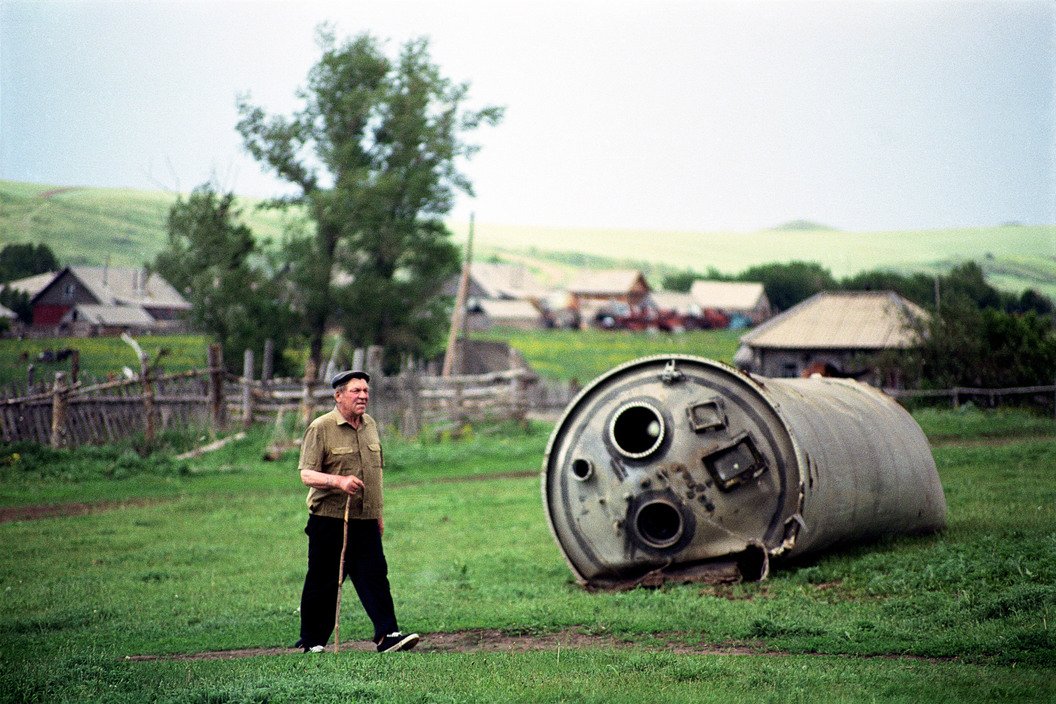
In 2011, an unmanned Soyuz capsule headed to the ISS failed & crashed into the Altai. The explosion shattered windows in the region, though no one was hurt.
(source: bbc.co.uk/news/science-e…)
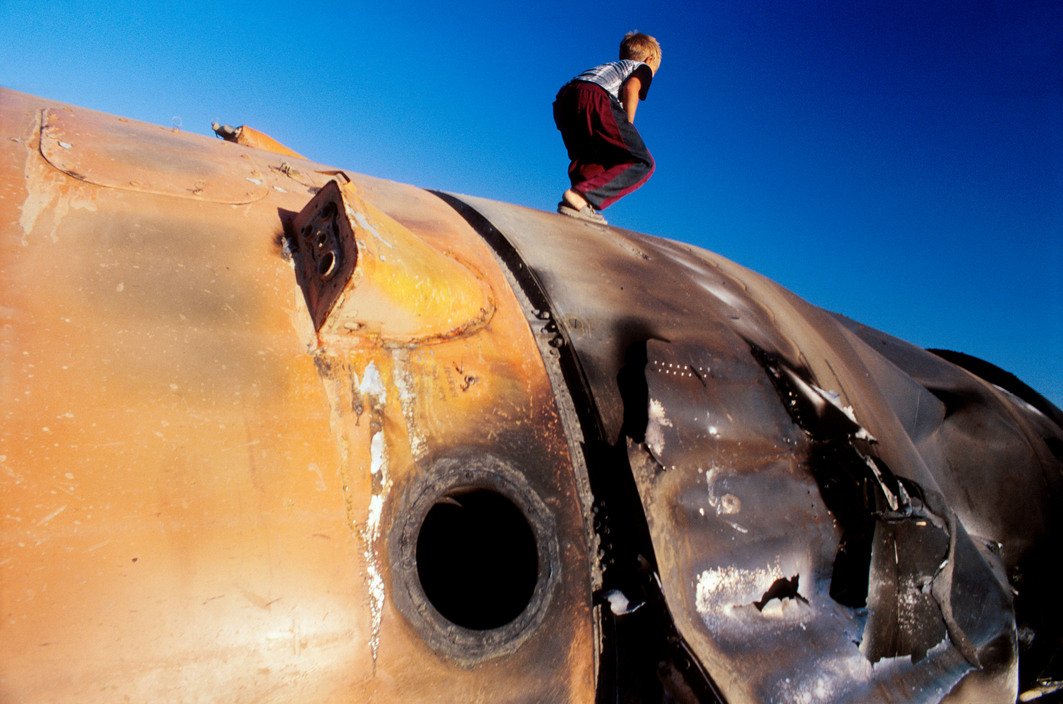
They watch the sky with binoculars when a launch is scheduled, & then race to find the fallen section with horses or 4x4s.
(photo: Jonas Bendiksen jonasbendiksen.com/Books/Satellit…)
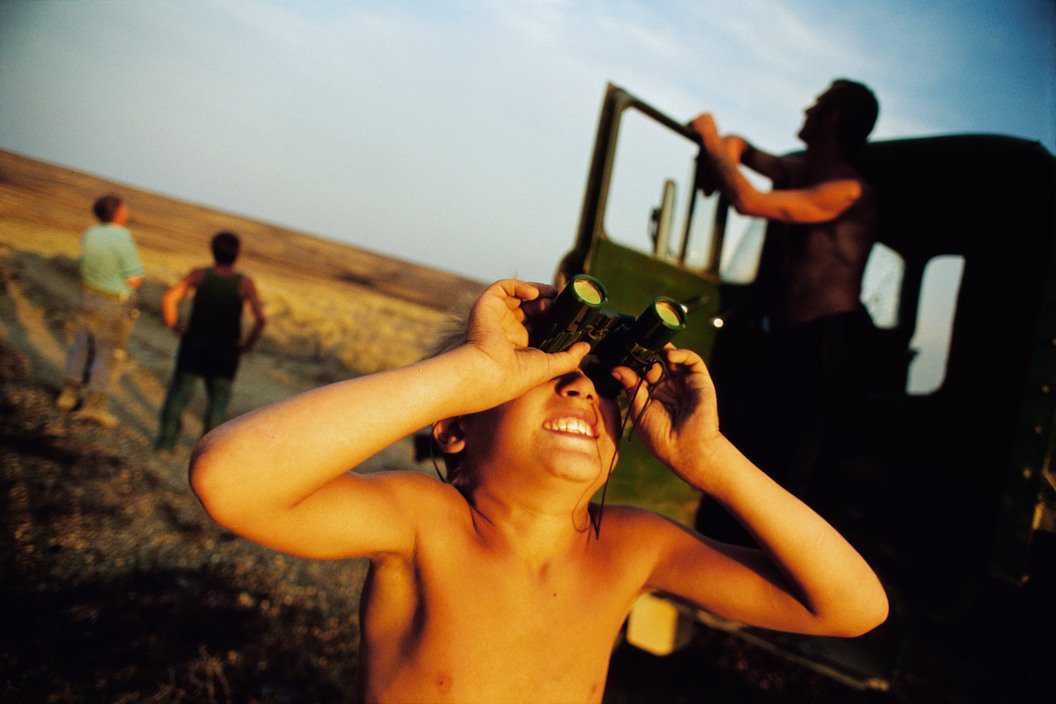
(photo: Jonas Bendiksen jonasbendiksen.com/Books/Satellit…)
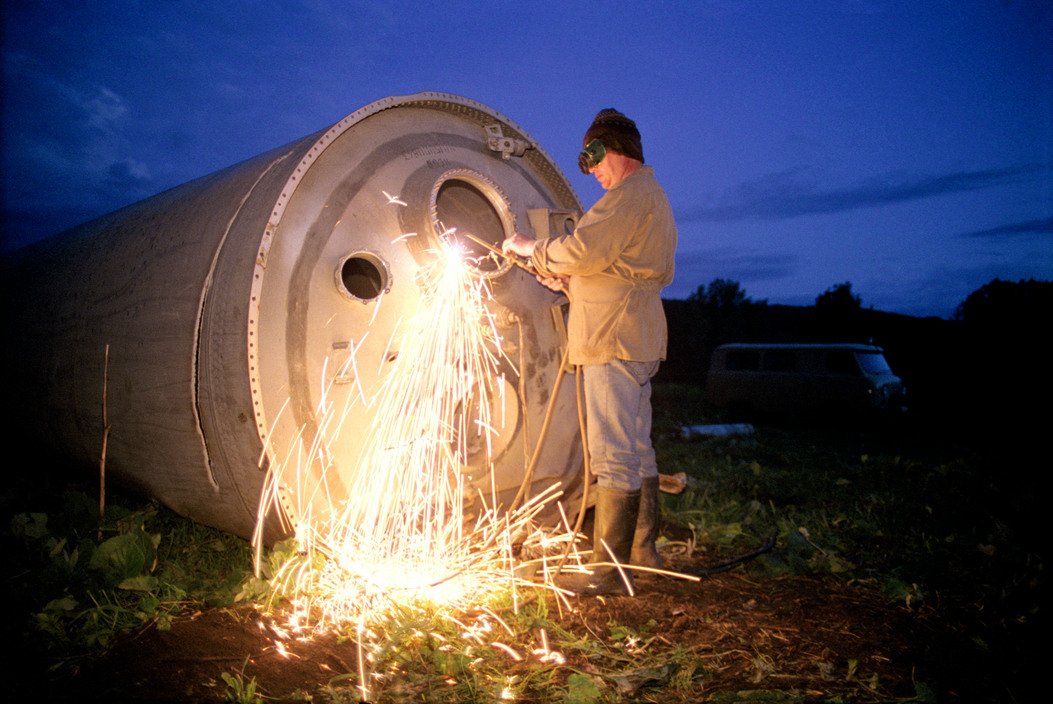
(photo: Jonas Bendiksen jonasbendiksen.com/Books/Satellit…)
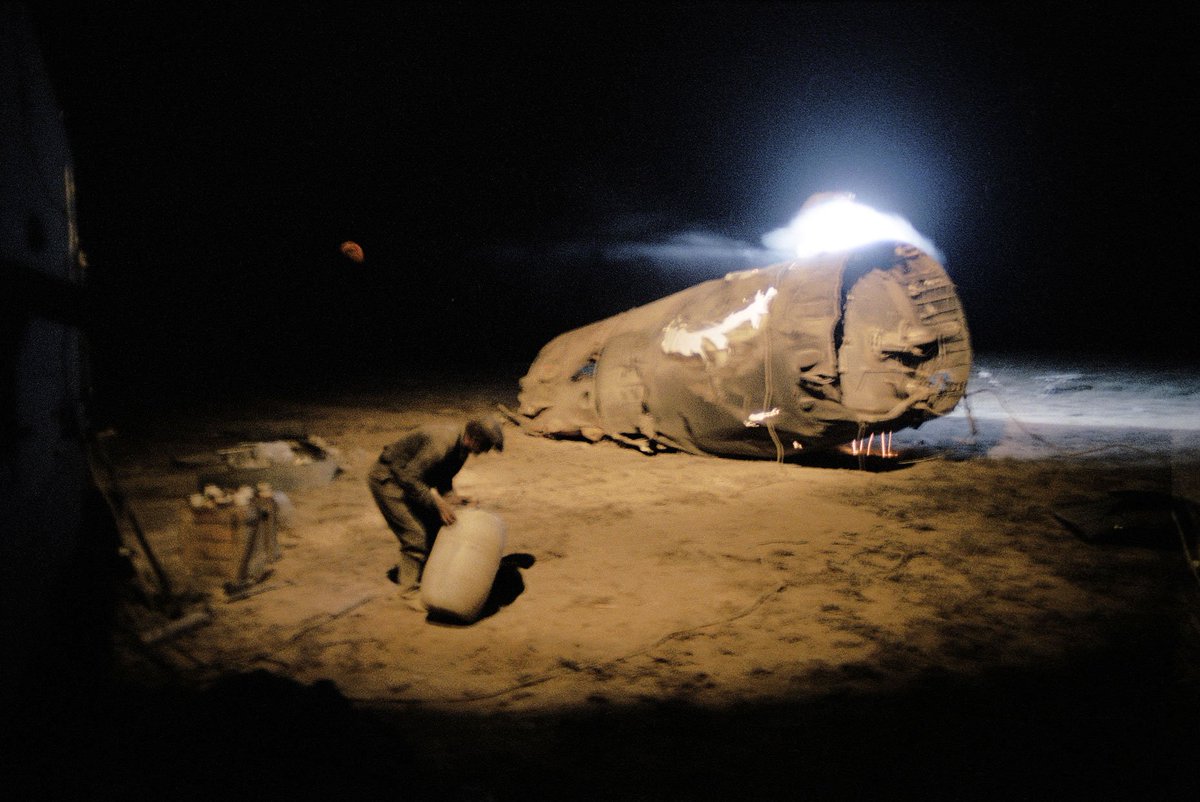
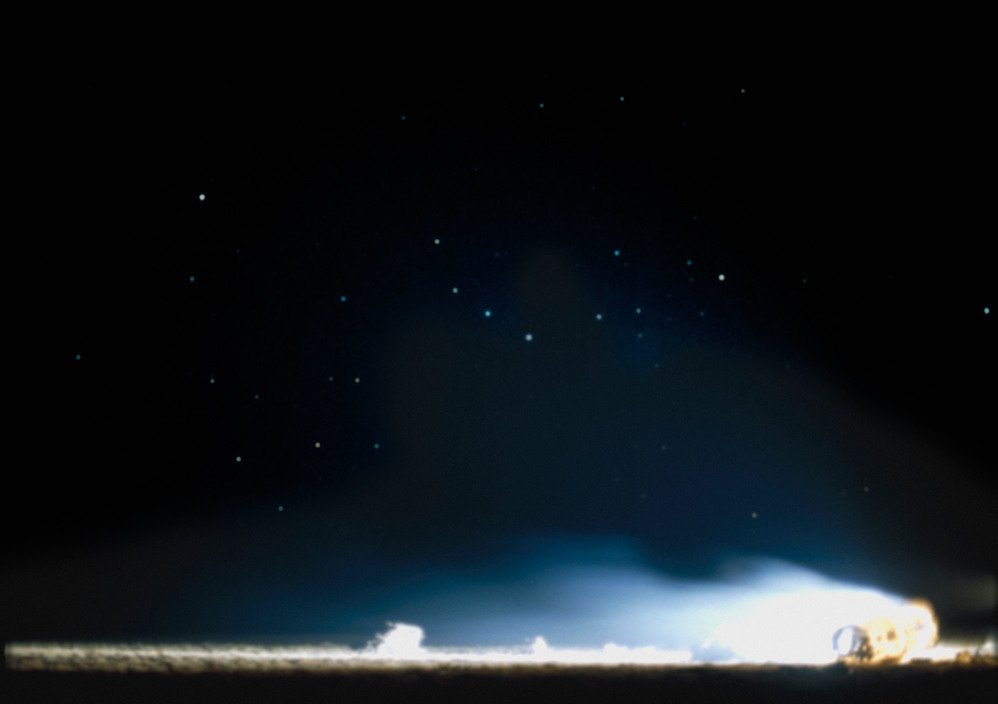
(photo: Jonas Bendiksen jonasbendiksen.com/Books/Satellit…)
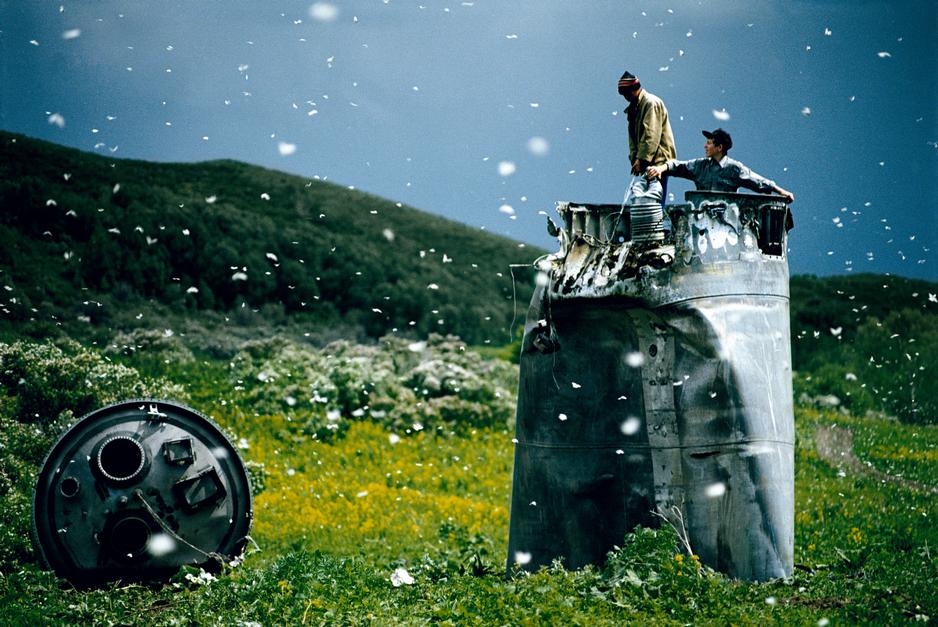
(photo: Jonas Bendiksen jonasbendiksen.com/Books/Satellit…)
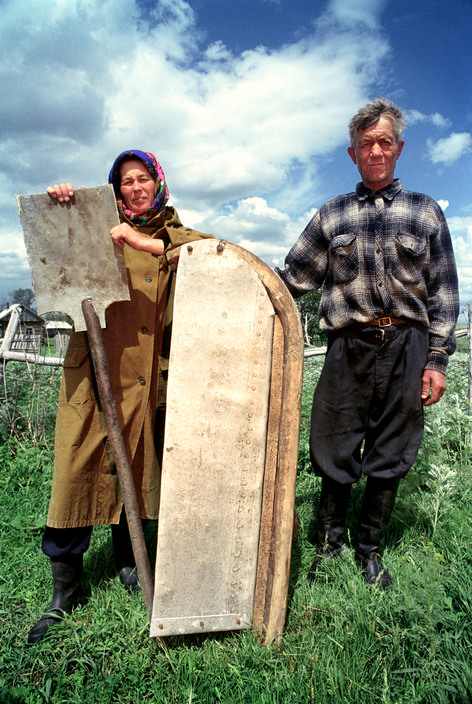
Toxic chemicals from the sections are thought to have leeched into the soil around crash sites, & have been linked to the deaths of cows & horses in the region.
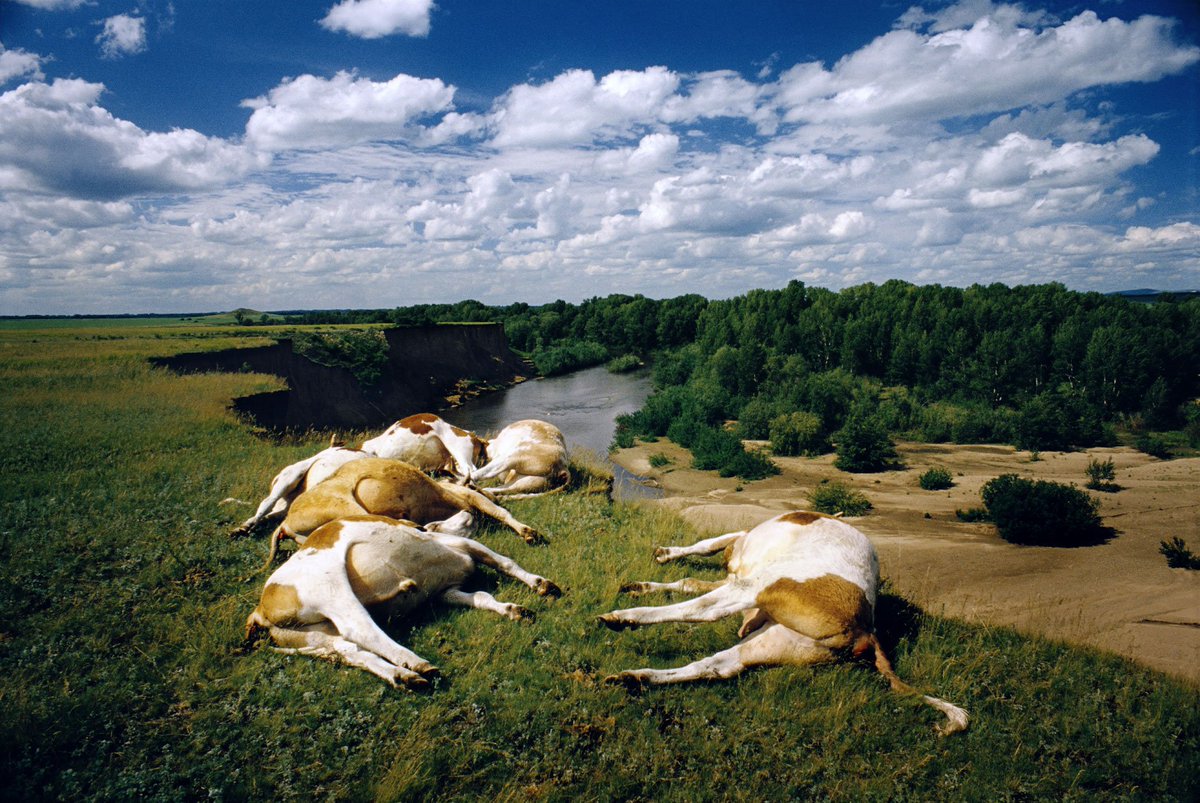
Heptyl has been linked to birth defects, failed crops & even sightings of blind Siberian deer in the Altai forests.
(source: telegraph.co.uk/news/worldnews…)
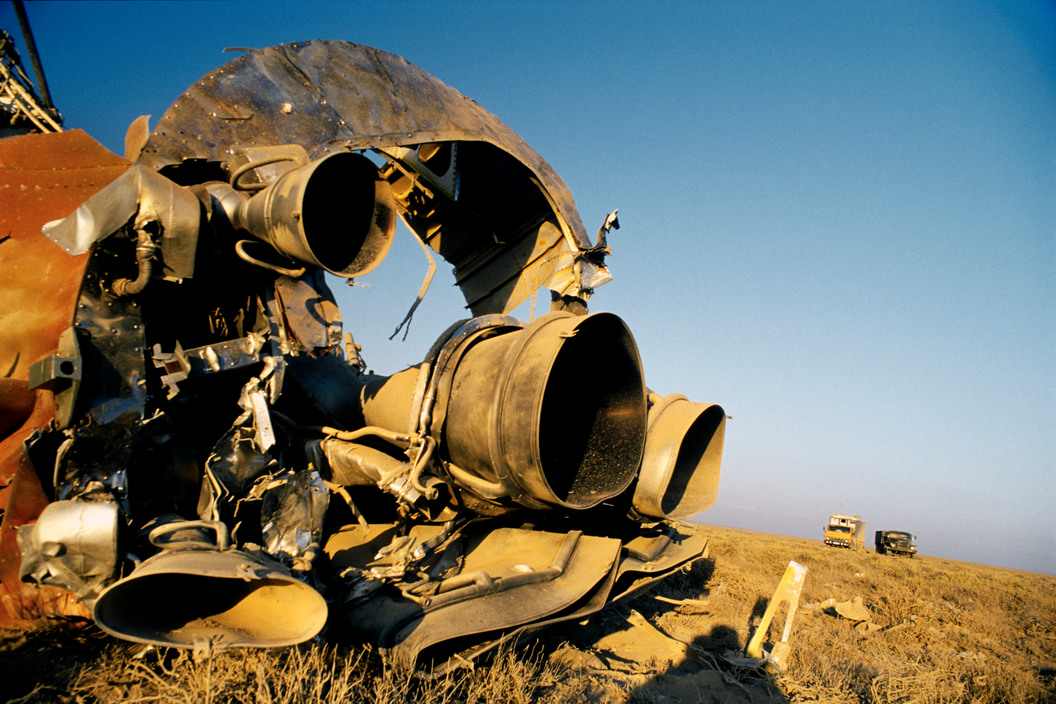
Local people are currently campaigning to have the research made public.
(source: bbc.co.uk/news/world-eur…)
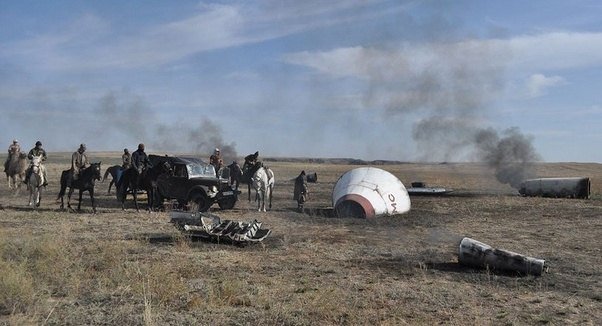
It reminds of the human cost of technological advancement, and asks us: who gets to decide this cost?
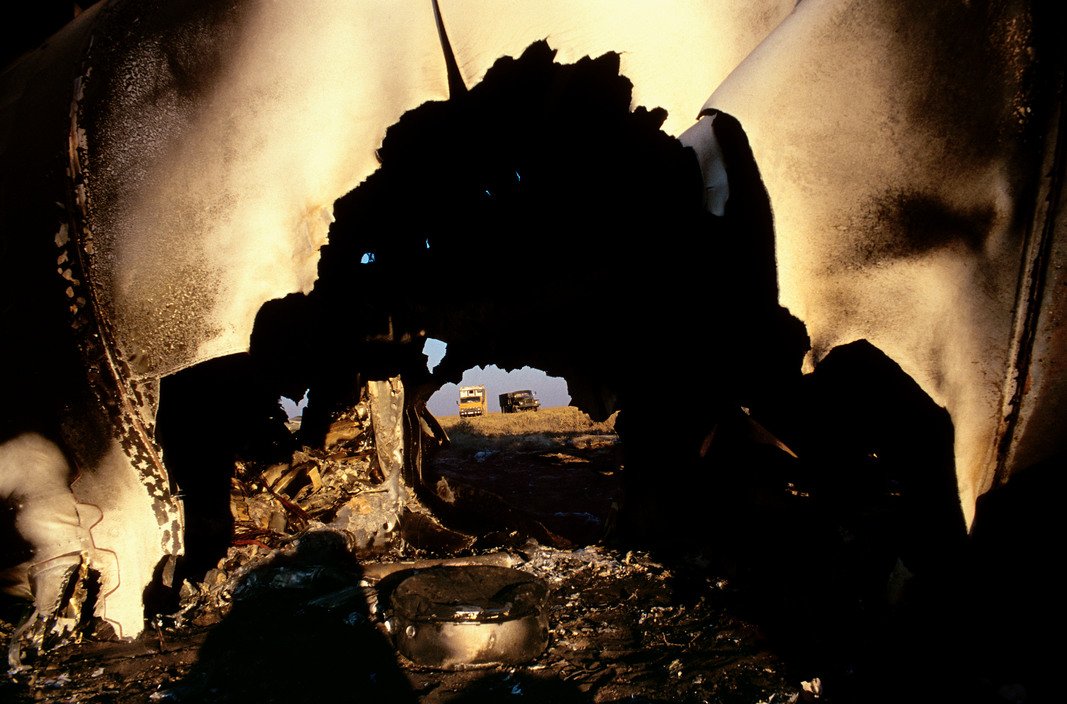
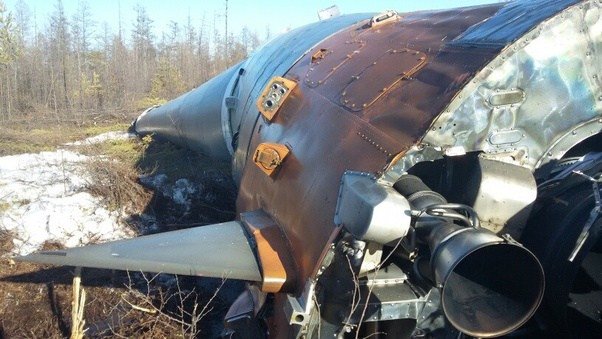
- Sky Static, Anthony Milne (books.google.co.uk/books?id=hEqF8…)
- Nature's Strongholds, Laura Riley (books.google.co.uk/books?id=icMuB…)
For more on this region, please also check out the work of the incredible photographer Jonas Bendiksen here: jonasbendiksen.com








